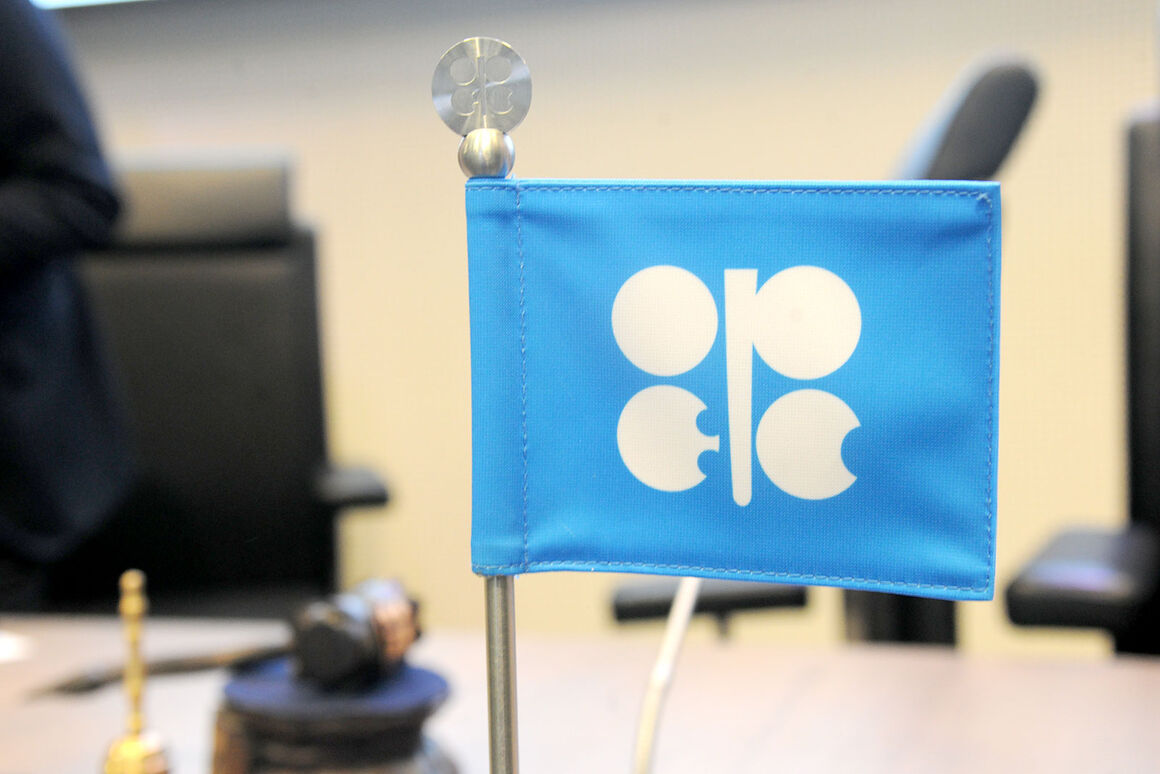TEHRAN (Shana) -- Let us assume that we didn’t have OPEC. Then, what would the world do without an important anchor ensuring equilibrium and stability in the oil market? The tiny virus, COVID-19, provides the fastest, the most correct, and the most expressive answer to this question. When the Corona pandemic brought down the price of the WTI crude oil to -37 dollars, which badly shook the world economy, one could ask ‘which organization came to the rescue’ to correct the oil [rise, to prevent global oil giants from collapse, and prevent hundreds of thousands of workers from losing their jobs? The president of the largest economy in the world called which organization to come to the rescue of his country’s economy and industry? The answer is simple, and just one word: ”OPEC.” The tiny virus simply showed that the world without OPEC lacked something important.
Now OPEC is sixty years old. Six decades ago, exactly on this day, 14 September 1960, representatives of five countries - Iran, Iraq, Kuwait, Saudi Arabia, and Venezuela – gathered in Baghdad and announced the establishment of the organization of the Petroleum Exporting Countries (OPEC); the organization that today represents the ownership of 80 percent of the global oil reserves, and 40 percent of the total crude oil production. When this organization came into being, it aimed at defending and ensuring the interests of the founding countries against the powerful 7 Sisters (Chevron, Exxon, Mobil, Texaco, Gulf Oil, BP, and Royal Dutch-Shell). And through secure supply of oil, it also aimed at providing for the interests of the consumers. History now testifies that OPEC has indeed succeeded in its mission and objectives.
As a journalist, for the past 16 years, I have continuously attended OPEC meetings, and once at an OPEC summit in Riyadh. I have seen closely many events; rivalries, differences, and finally exigencies bringing everybody around the same table to reach a consensus decision. For example, the meeting in Algeria in 2016. At the time, the oil market conditions forced non-OPEC countries to cooperate with OPEC to prevent reduction in oil prices paralyze the government budgets in the oil-producing member countries. OPEC, as in other organizations, has also suffered from certain weaknesses. But, the anniversary of its birthday, is no occasion for criticism. I only have one wish for OPEC: to have a secretary-general from Iran and one from Saudi Arabia to direct and manage the organization and the Secretariat. The order of succession does not matter. It only means that the organization has grown; it has become bigger.
Nowadays, Iran, because of the effects of unjust American sanctions, is not an effective oil producer in OPEC, with a lesser weight in its decisions. But, Iran continues to be considered as a founding member of the organization. And future is ahead of us; for Iran to become, once again, a major oil producer. What is important, though, is that OPEC has always served as a conduit for interaction between the countries with serious differences outside of the organization. Mr. Hashemi Rafsanjani, the late President of Iran, has written in his memoirs that, following the end of the Imposed War, he had given the response to the letter from Saddam Hussein to Mr. Aghazadeh, then Petroleum Minister, to deliver it – quietly to his Iraqi counterpart on the sideline of the OPEC meeting. Iran and Saudi Arabia, at the height of their political differences, joined the consensus in Algeria; at a time that the Iranian oil desired to enter the market following the Iran Nuclear Deal, or the Joint Comprehensive Plan of Action (JCPOA), and Saudi Arabia also found it expedient to interact with the new circumstances.
The Westerners call OPEC a cartel. In the US Congress, they table a “NO OPEC” bill. And some others challenge the organization in the name of the protection of the environment. However, transparency in OPEC activities is quite evident in its free publications. And least to say, when compared with some other international organizations and institutions, it has helped, through the policies of some of its members, the growth of Shale oil industry in the US. And it has endeavored to adopt principled policies towards helping the environment. OPEC, which is a large organization, has been sometimes wrong in the past. Its share of the oil market is lower today than in the past. Even if future times portend to be somewhat more difficult, we would be advised to believe that the world still needs OPEC. The tiny virus COVID-19 proved it. Happy Birthday OPEC.
by Reza Zandi
Published in Iran in the front page of Etemad Newspaper.


Your Comment